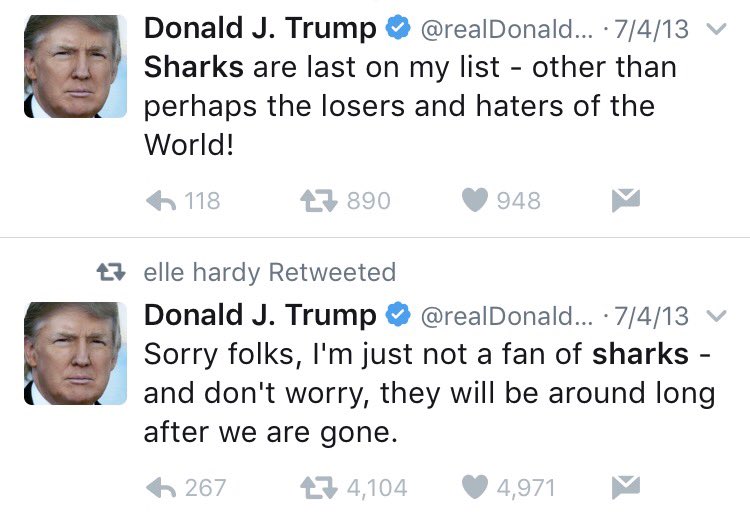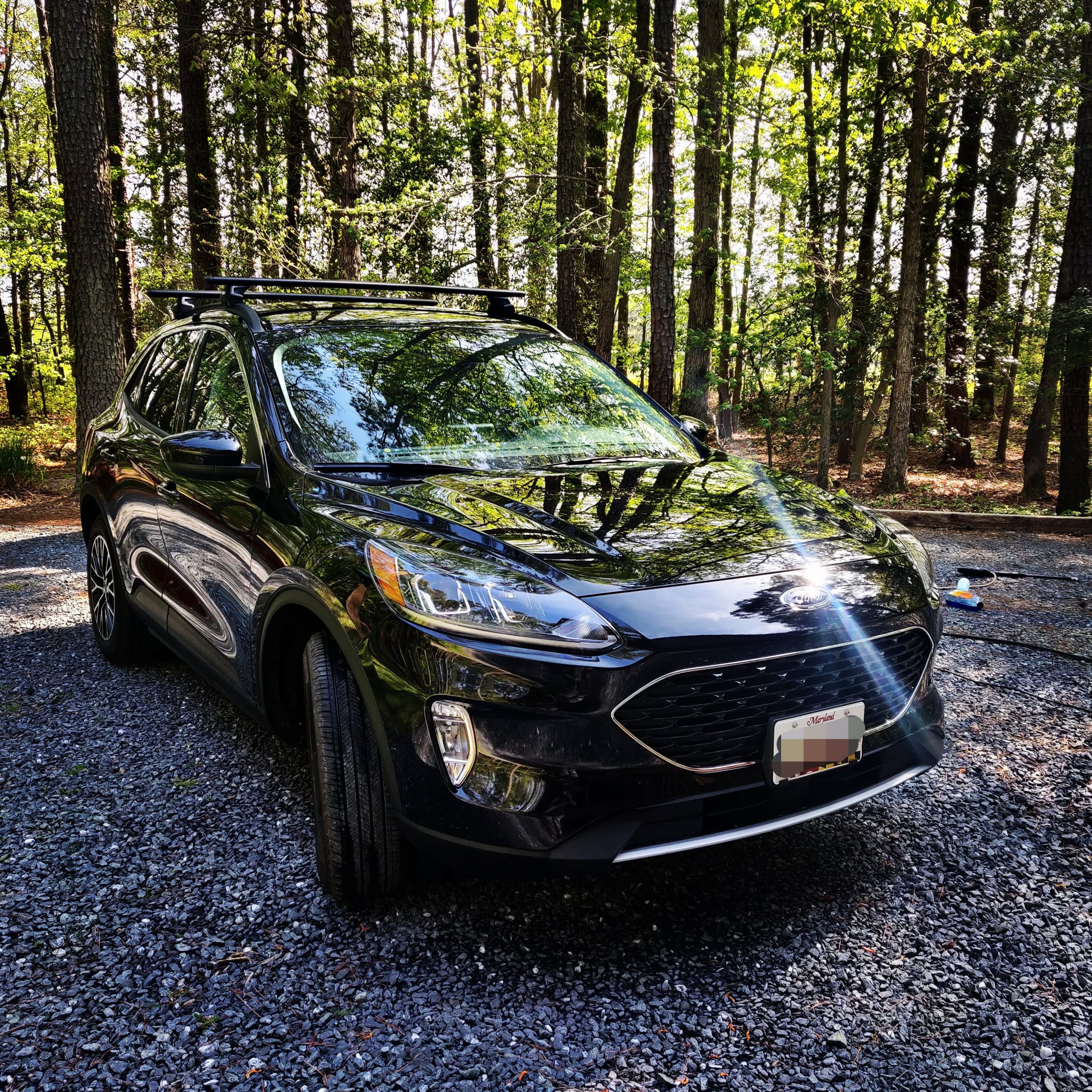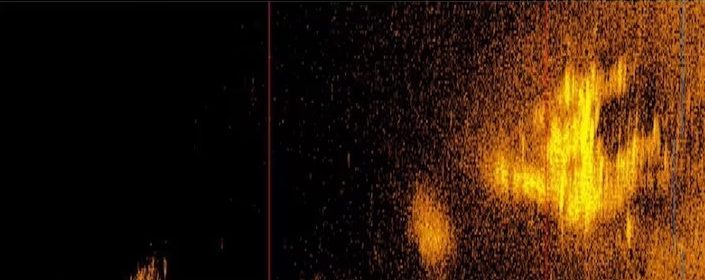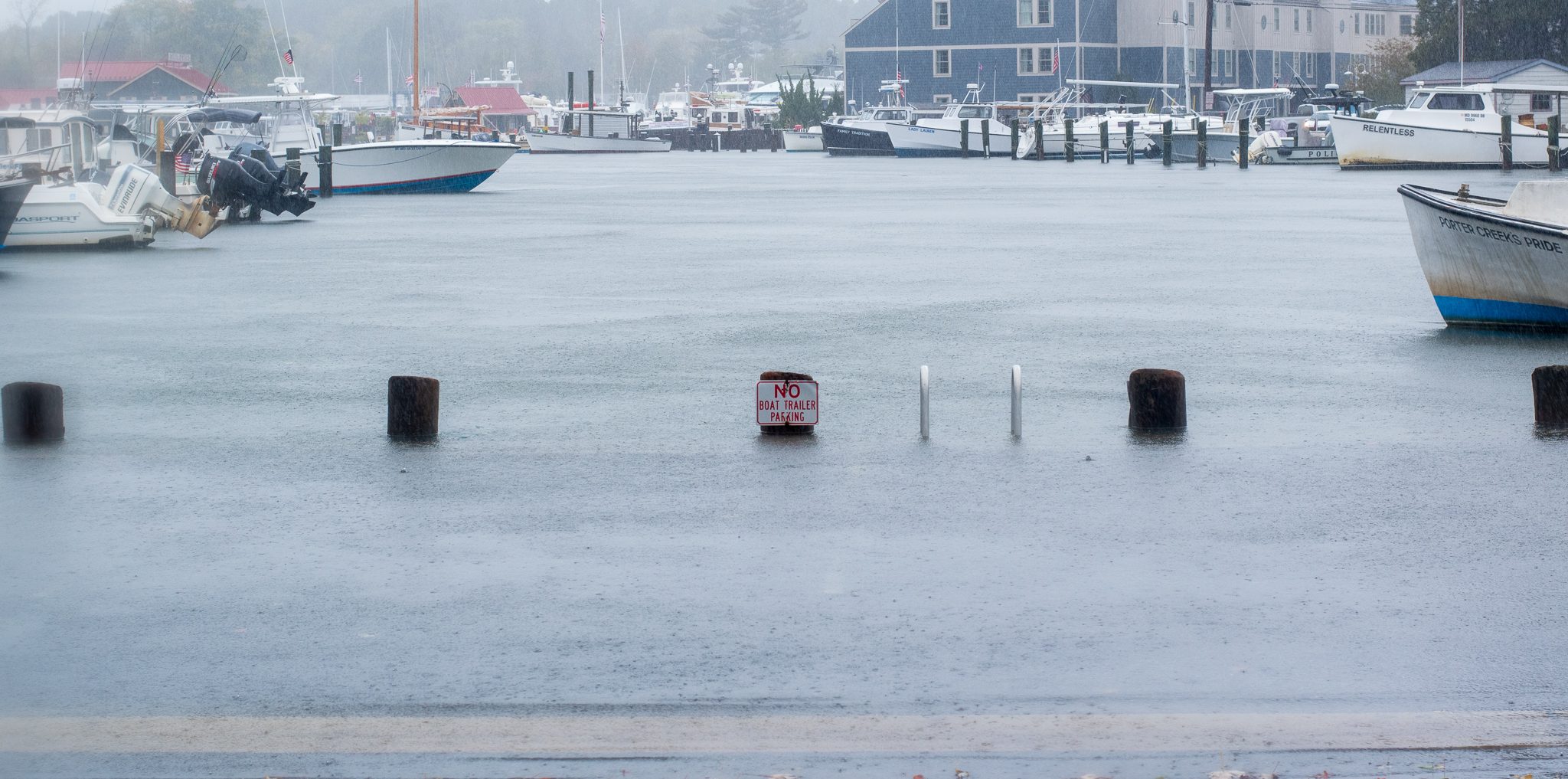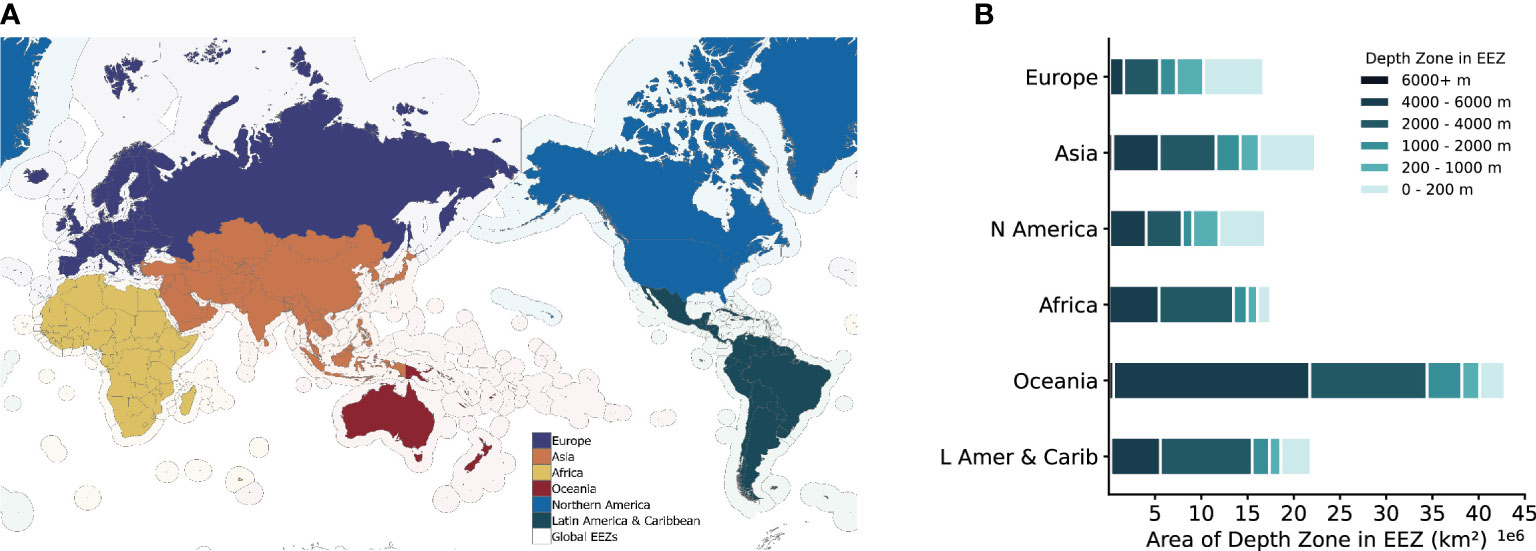On April 28, 2022, I was invited to give a short talk to a gathering of Environmental NGO representatives to provide an overview and my perspective on the current state of development for deep-sea mining. Below is the transcript of that talk.
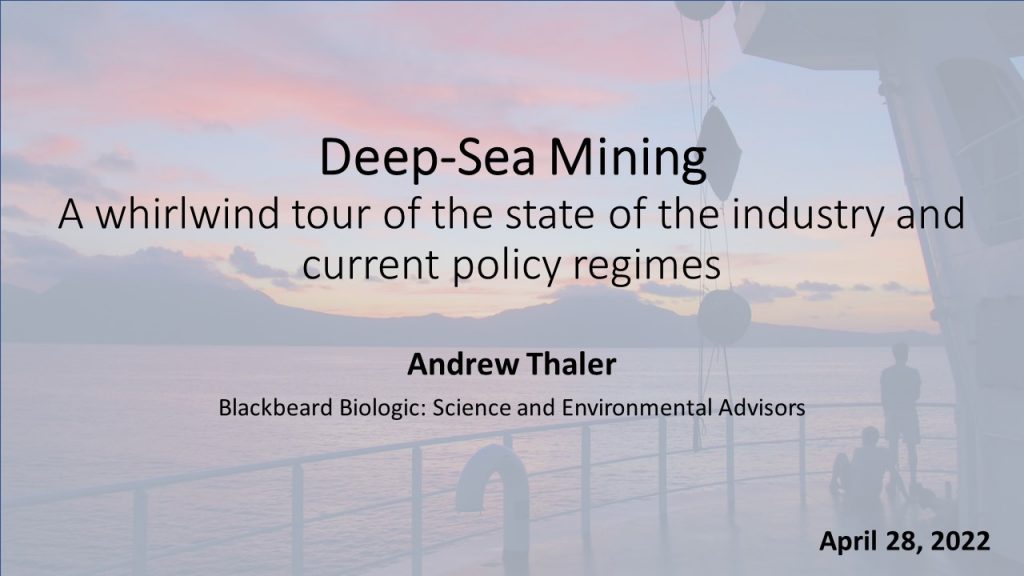
Good afternoon and thank you for inviting me. Today I’m going to give you a very brief whirlwind tour of the current state of deep-sea mining and the policy regime around this developing industry.
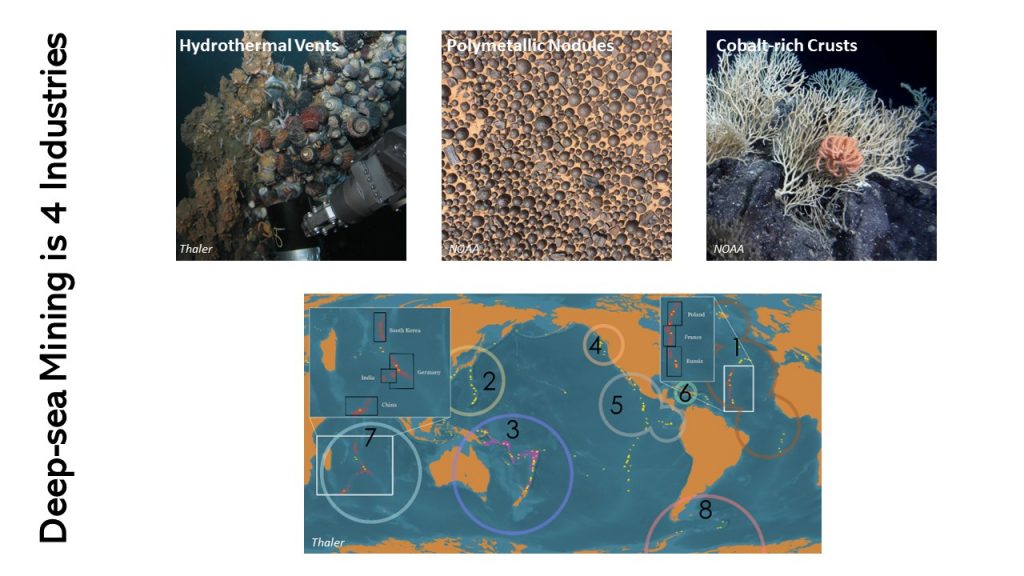
The first thing I need to highlight is that we often talk about deep-sea mining as one cohesive thing, but it’s really four separate and distinct industries, all developing in tandem, with significant differences in the types of metals targeted, the technology necessary to exploit those metals, and the motivations for doing so.
